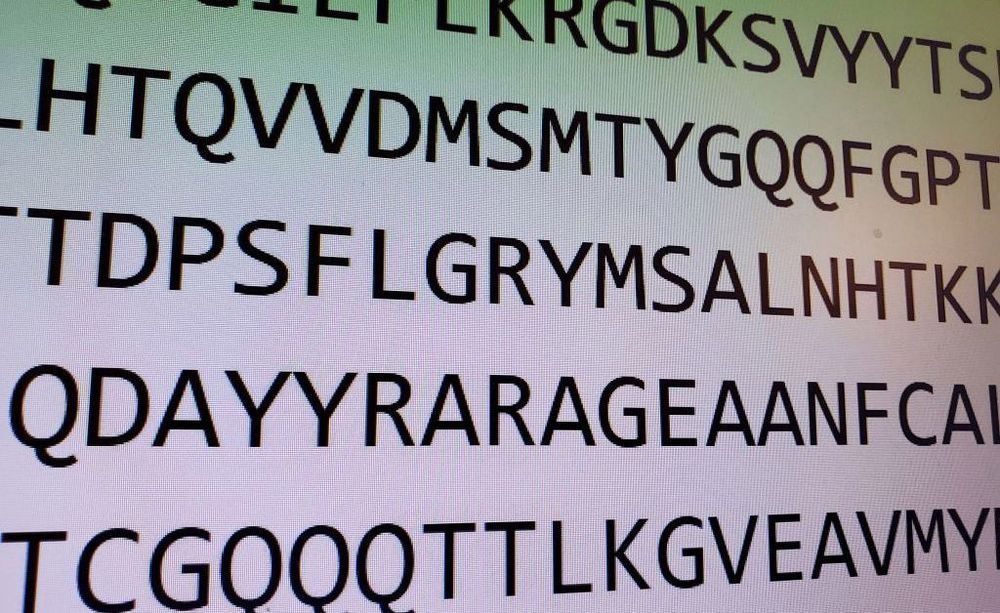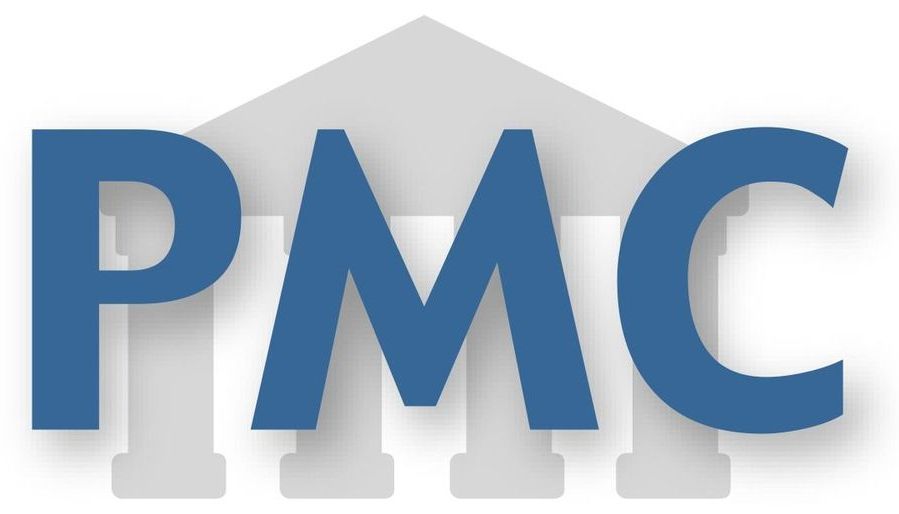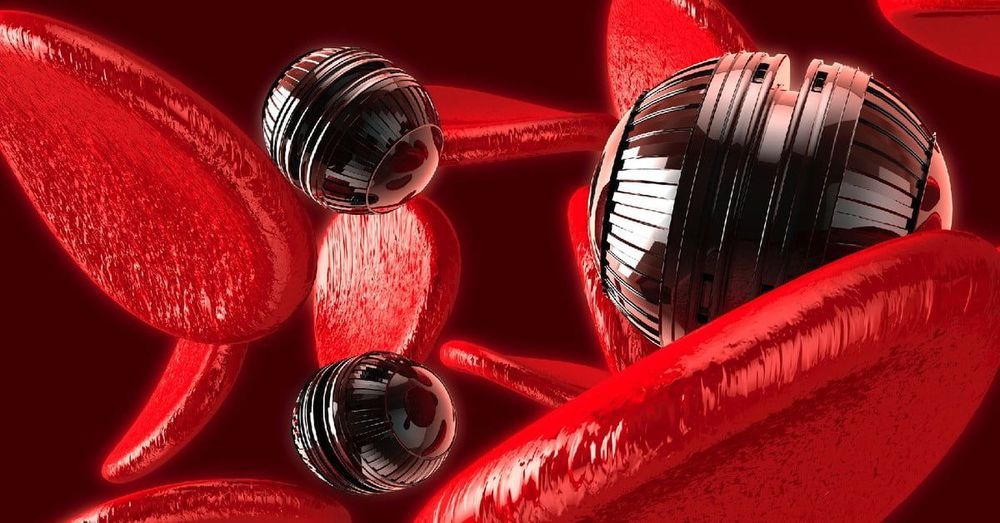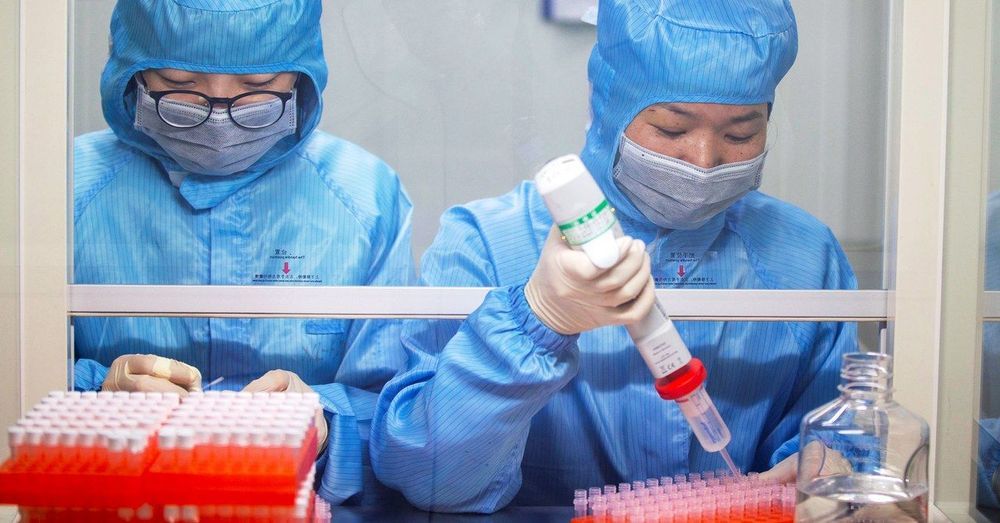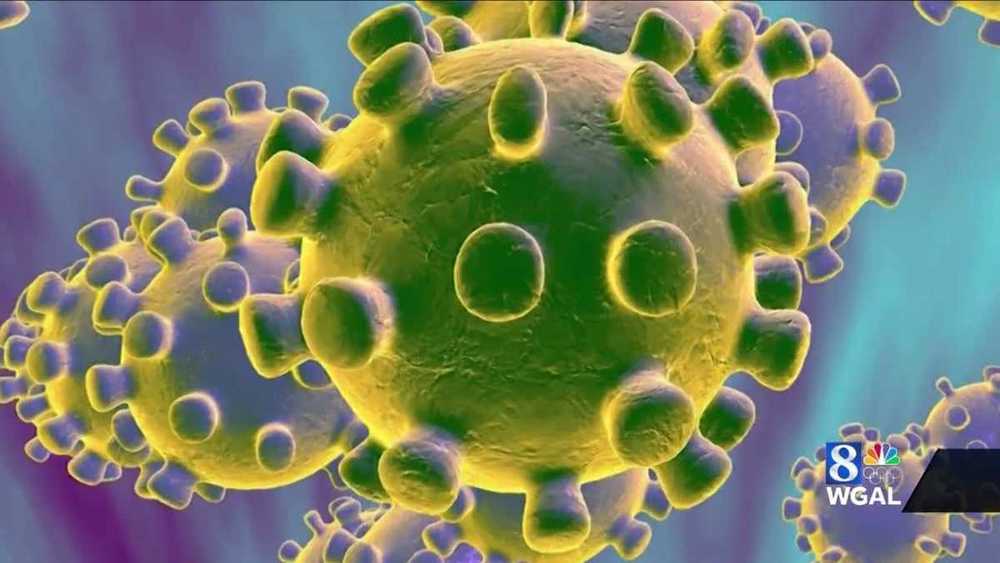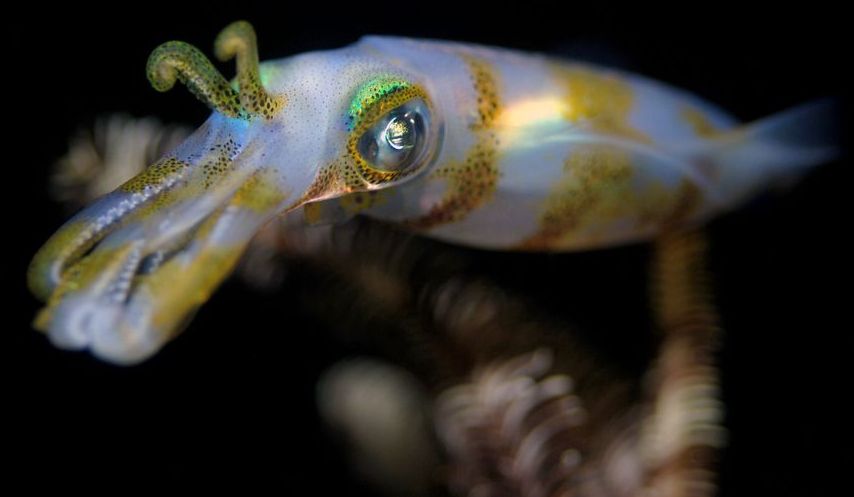Researchers at the Institut Pasteur in France have become the second monitoring team in the world to sequence the entire novel coronavirus (2019-nCoV) genome in an effort to better understand its origin and virulent properties.
Nearly 8,000 reported cases and hundreds of deaths have been reported in at least 19 countries since the outbreak began in Wuhan, China, last December, prompting the World Health Organization yesterday to declare a public health emergency after evidence of human-to-human transmission had surfaced. International healthcare experts have since prioritized research surrounding 2019-nCoV in an effort to understand and tame the global outbreak.
“Sequencing the genome of pathogens is crucial for the development of specific diagnostic tests and the identification of potential treatment options,” explained Sylvie van der Werf, director of the National Reference Center (CNR) for Respiratory Viruses at the Institut Pasteur, in a statement.

